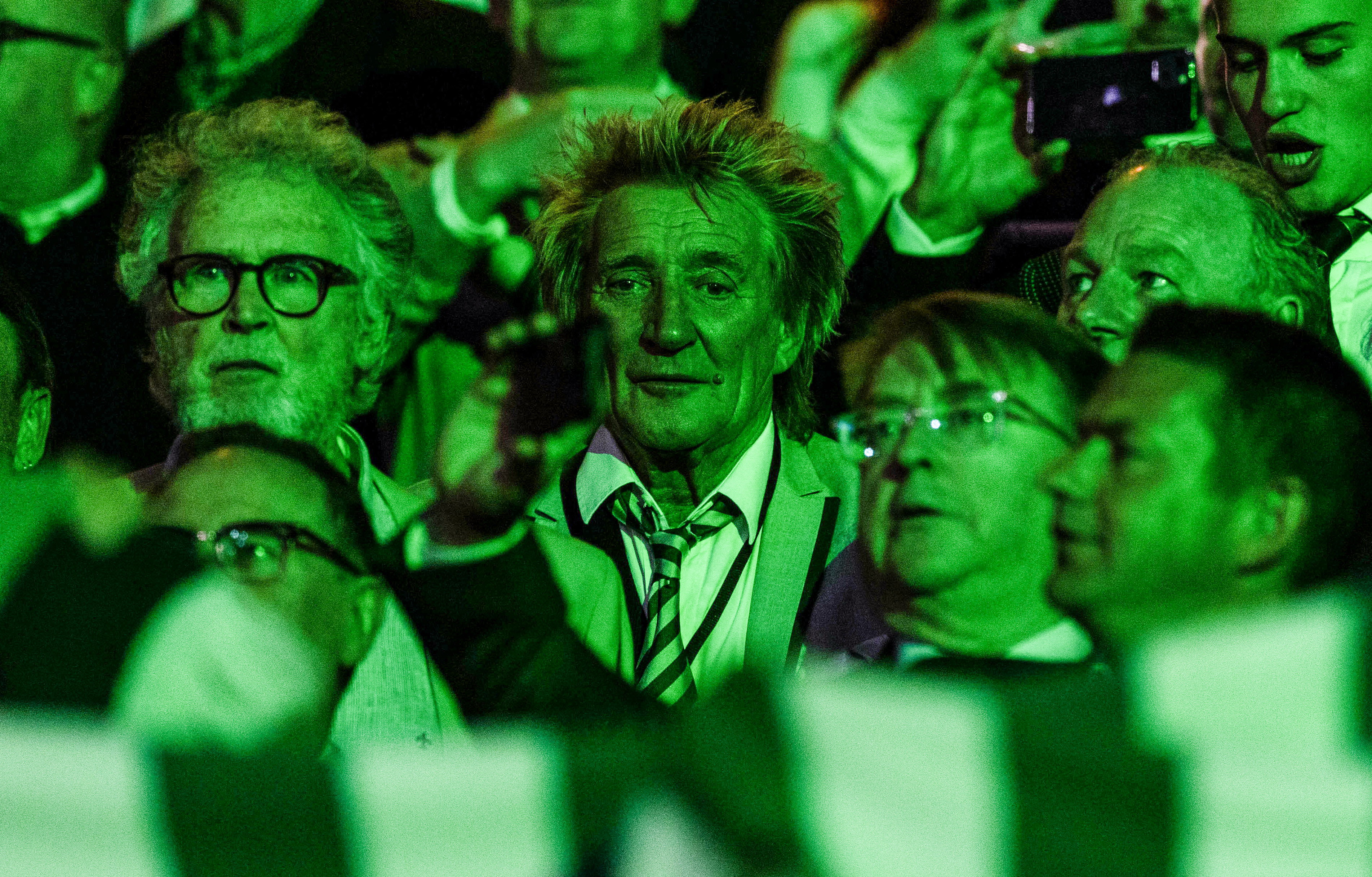Former Liverpool, Real Madrid and Manchester City star Steve McManaman tells FFT about "Galactico nonsense" and being in a WhatsApp group with Zinedine Zidane
The Liverpool, Real Madrid and Manchester City wing legend sits down with FourFourTwo in The Players Lounge, to dissect a career that took him down many paths
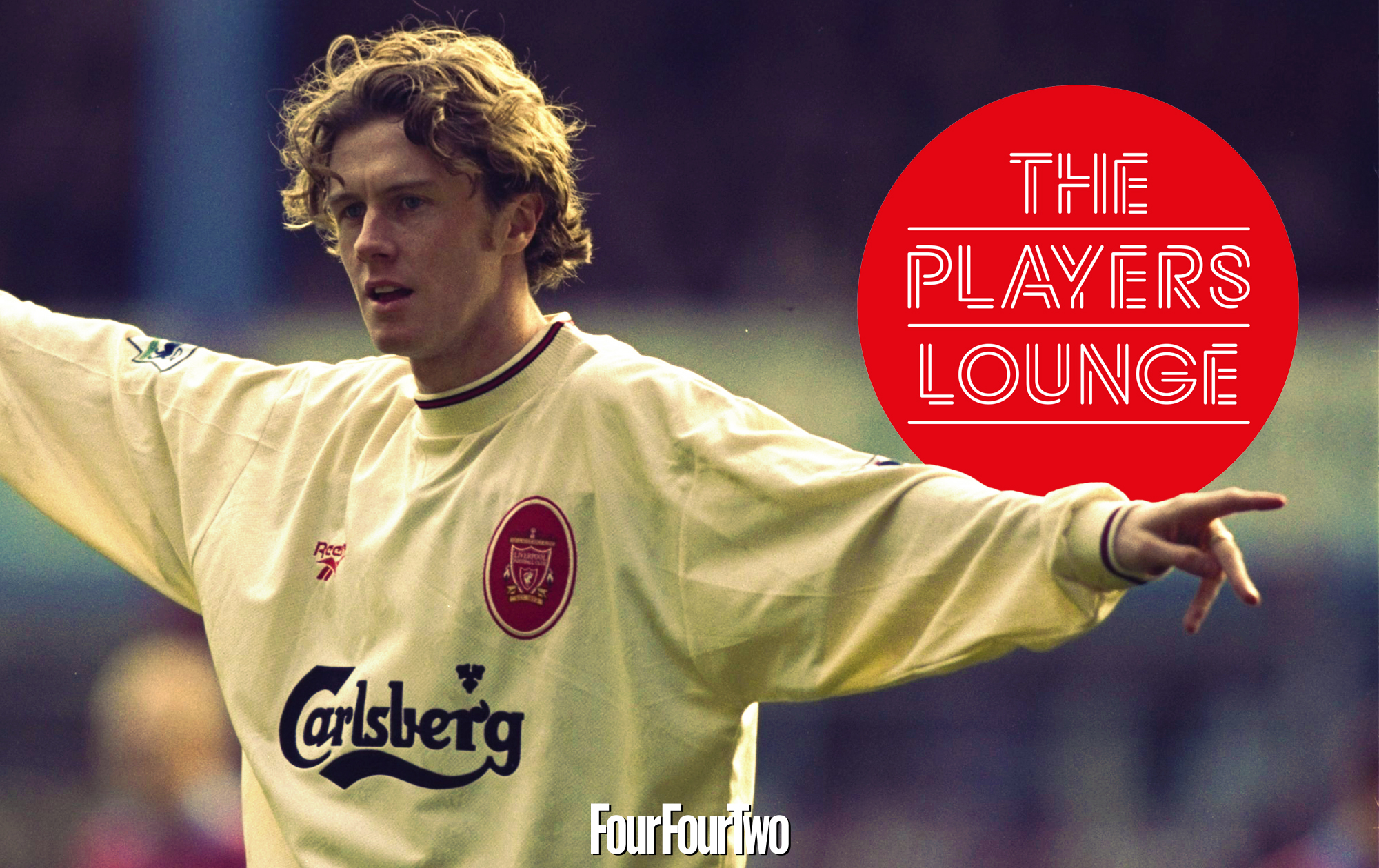
With spells at Liverpool, Real Madrid and Manchester City, Steve McManaman had a career as one of the most celebrated wingers English football produced in the 1990s. Now, of course, he's working for BT Sport as Darren Fletcher's trusty co-commentator.
So what was it like to be at a football club with those Galactico stars? Why couldn't anyone stop him at his pomp? How could a boyhood Everton fan become a household name at Anfield? And why exactly didn't Glenn Hoddle like him? We caught up with Macca to find out…
Subscribe to FourFourTwo magazine today to get The Players Lounge – and all of our other interviews, features, quizzes and more – sent straight to your door!
Former Liverpool, Manchester City and Real Madrid star Steve McManaman chats to FFT
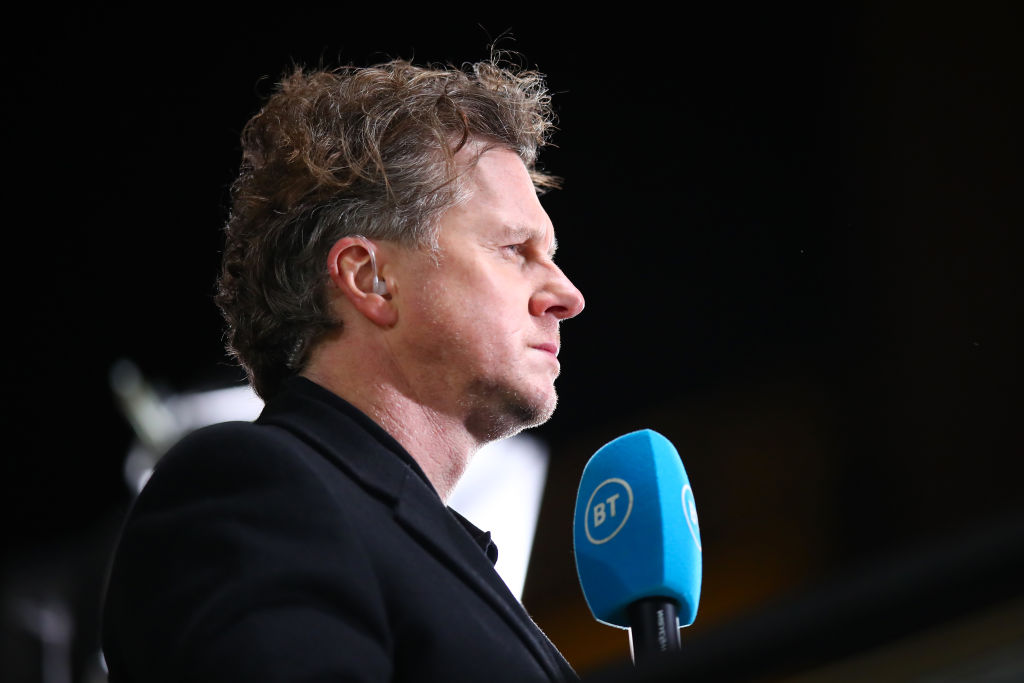
You grew up in a household that supported Everton, but your dad insisted you sign for Liverpool over the Toffees. Were you upset with him about that?
Not at all actually, as he just wanted the right career path for me. I was a bit of a home bird when I was 13 or 14, and despite being highly touted by several teams around the country, there was no way I was ever going to leave my mum and dad’s house. I’d have been too homesick. We went to see Goodison Park and Everton were very accommodating and keen for me to join as a schoolboy. But that would only have been a contract from age 14 to 16. Then I went to Liverpool and they pushed the boat out a lot more. Kenny Dalglish was the manager at the time – he told me how much the club wanted me and gave me some boots he wore in an Intercontinental Cup final. They were too big for me but I was blown away – it was chalk and cheese between the two clubs.
You were famously the player that gave Sir Alex Ferguson and many other managers headaches in the ’90s, with Bryan Robson’s line, “If you stop McManaman, you stop Liverpool”, still regularly quoted. Why were you such a difficult guy for other teams to handle during that era?
I always tried to find myself in little pockets of space, because I knew I was good on the ball and could turn quickly. I was direct – I loved running at people and taking opponents on. I think we also played different formations at Liverpool to what other managers were using at the time. I could play wide or drift into the middle and pick up passes from John Barnes or Jamie Redknapp. Then I turned and ran at players. It was effective.
The best features, fun and footballing quizzes, straight to your inbox every week.
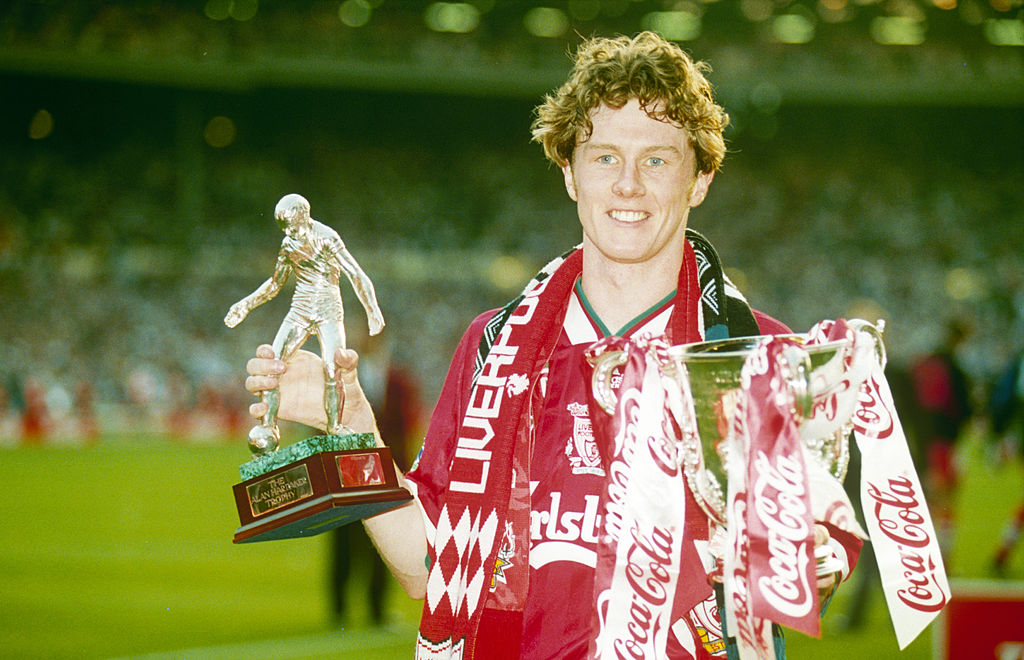
You lifted the FA Cup in 1992, then scored both goals as Liverpool beat Bolton 2-1 to win the 1995 League Cup Final. Do you feel that Liverpool team should have won a lot more trophies?
There’s always teams that will go, ‘Oh yeah, we could have won more’, but that’s just the way of the world – that’s football. I thought we were the best side in the 1995/96 season, actually. We took four points off Manchester United in the league and then played them again in the FA Cup final. We lost in the dying minutes to an Eric Cantona goal, but it really could have gone either way. Perhaps if we’d signed one or two different players around that time we might have won a league title, but that overlooks how strong Manchester United were in that period. They were one of the best teams in history.
Just after you joined Real Madrid on a free transfer in the summer of 1999, Raul told the press that he felt sorry for new signings like you, describing the dressing room as “a cesspit of lies, treachery and whispers”. That must have been quite the welcome...
To be honest, I never saw any of that. I think Raul said it because of what had happened during the previous season. There had been several difficult players in the dressing room who’d clashed with teammates and Real Madrid hadn’t won any trophies that year. But then Davor Suker, Christian Panucci and Clarence Seedorf left the club – huge characters. So when I came into the team, the dressing room was fine. It was more Spanish run, which was how they liked it. Captain Manolo Sanchis was the godfather, with Fernando Hierro number two. Raul was still really young, 22, but already a key figure. So when I joined there wasn’t a huge amount of treachery or lies.
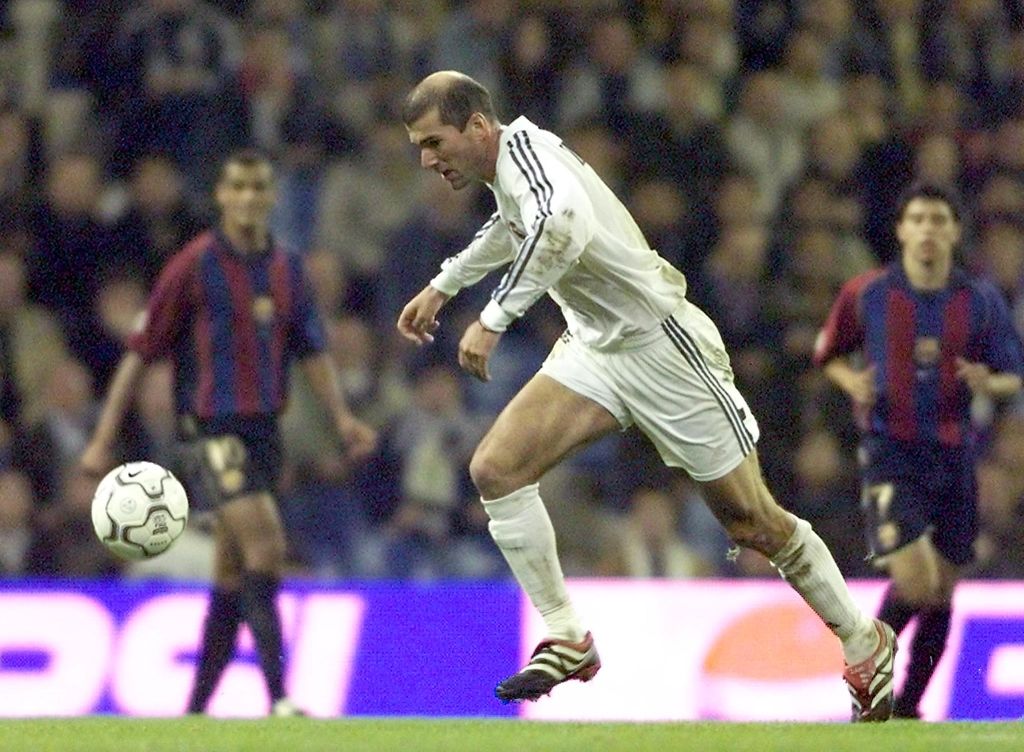
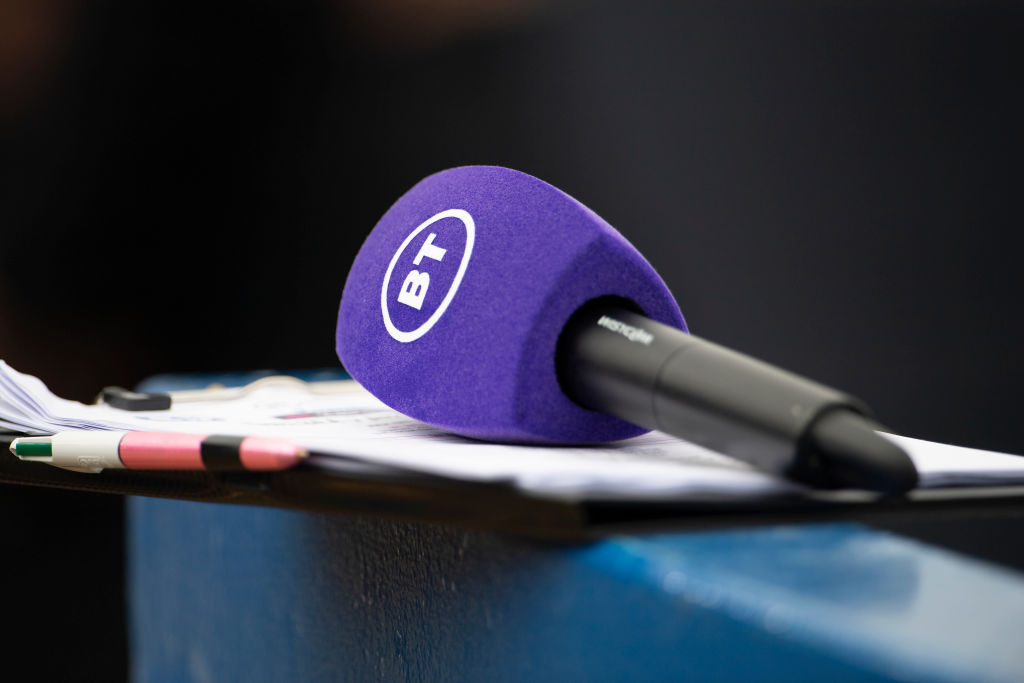
CHAMPIONS LEAGUE How to watch BT Sport without a contract now
You played with some world-class talents at the Bernabeu, arriving shortly before the Galacticos era began. What was it like to work alongside Zinedine Zidane, Luis Figo and Ronaldo?
I find it a little strange, as when we won the Champions League in my first year, we didn’t have any of those players. I think people get carried away with all this Galactico nonsense because of the name that it conjures up. The likes of Roberto Carlos, Raul and Hierro, who weren’t necessarily regarded as Galacticos before that period, took umbrage to the word because they believed they were the better players. However, when Figo came in [from Barcelona in 2000], he was a brilliant player. A great lad, too. The one thing you would say about those players is, they were very good professionals. They walked into the dressing room and never rocked the boat. Luis spoke Spanish so he settled in quickly. The following year Zidane arrived from Juventus, and then Ronaldo signed from Inter in 2002 and we won the league that season. They were great to play alongside, but we’d been successful before they joined so the Galactico tag didn’t matter one jot to us.
You played a major role in the 1999/2000 Champions League triumph, scoring in the Paris final against Valencia, and went on to become a popular figure in Madrid. How does it feel to be held in such high esteem by former teammates, coaches and fans?
Extremely nice. I’m not particularly bothered about fame, fortune and all that, though it’s satisfying to be acknowledged by your peers – the people you played with. That’s the most important thing for me, to be honest, as you train with them, you live with them every day and you become close friends. So to return to Madrid and play in the old boys games with each other, have a drink and a joke with them is fantastic. You know, we’re actually all still in a WhatsApp group together which we use to stay in touch. It’s special.
You were one of England’s stars at Euro 96, making the team of the tournament and even being labelled the star man by Pele. Terry Venables clearly knew how to get the best out of you in a Three Lions shirt, so why didn’t things work out under successor Glenn Hoddle?
Euro 96 was amazing. Everybody had a great time, the football went really well and Terry Venables was an excellent manager. Maybe I never played well enough for Glenn, which was absolutely fine. He had his own system and players he liked, and that’s always the case with coaches, especially at international level. I’d love to have played more, obviously, but I had my injury problems as well.
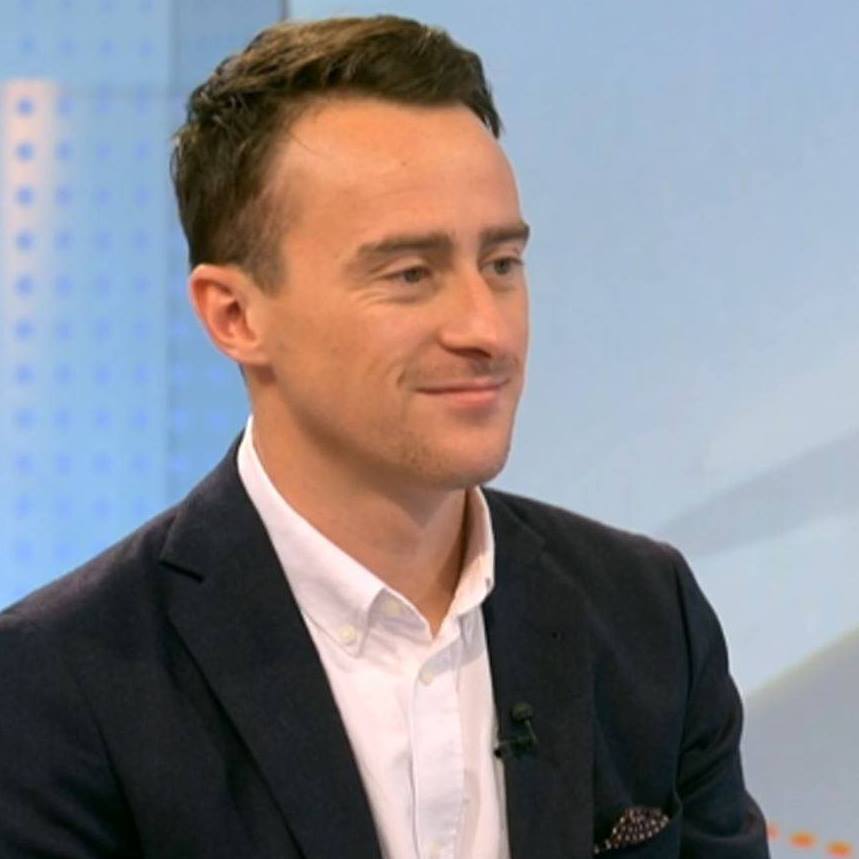
Ed is a staff writer at FourFourTwo, working across the magazine and website. A German speaker, he’s been working as a football reporter in Berlin since 2015, predominantly covering the Bundesliga and Germany's national team. Favourite FFT features include an exclusive interview with Jude Bellingham following the youngster’s move to Borussia Dortmund in 2020, a history of the Berlin Derby since the fall of the Wall and a celebration of Kevin Keegan’s playing career.
